Hello everyone, here’s another list of books I’ve been reading this week. Hopefully some of them will be of interest to you!
1: Lydia Davis: Stories - Can’t and Won’t
Lydia Davis is perhaps best known for her marvelous Proust translation and for her essays on “In Search of Lost Time.” But these short stories (and they are Very short) are fragmentary snapshots of a mind that never rests, including dream-sequences, humorous anecdotes from daily life, and several Flaubert passages that are reprinted here and blend in perfectly with her essentially modernist sensibilities. Her voice is so enjoyable to read, and always relentlessly perceptive and intelligent.
2: Marxist Modernism, by Gillian Rose
Gillian Rose is often considered a “difficult” theorist to read. And certainly her most famous works (“Hegel contra sociology”/“The Melancholy Science”) are not necessarily accessible to a layman audience. But in these introductory lectures on The Frankfurt School she speaks in a register that requires virtually no pre-existing knowledge on behalf of the reader. If you’re looking for an accessible introduction to thinkers such as Walter Benjamin and Theodor Adorno, then this will prove an excellent starting point. (Ps: I discussed this book at length in my most recent bonus audio, available for paying subscribers).
3: Giacometti in Paris, by Michael Peppiatt
This is an enormously fun read. Filled with marvelous anecdotes about Giacometti and the artists he surrounded himself with in Paris. It’s memorable, insightful, and very entertaining.
4: Immanent Critiques, by Martin Jay
Martin Jay is an eminent historian of the Frankfurt School. In these essays he applies the method of “immanent critique” (pace Lukács) to the Frankfurt School itself. Personally, I feel the title may be overstating the extent to which he actually accomplishes such a critique, but the essays are entertaining nonetheless, especially if you’re already familiar with critical theory. I enjoyed it, but it might be less accessible than the other texts mentioned so far.
5: The Vegetarian, by Han Kang
I finally had a chance to read Han Kang’s “The Vegetarian”. I knew it would be good, but had no idea what I was getting myself into. To me it reads like a feminist reworking of Melville’s “Bartleby the Scrivener”. One day a woman decides to become a vegetarian, and with this gesture of renunciation (“I would prefer not to”) sets off a sequence that will lead her into increasingly intense forms of subjective destitution. It’s a very interesting, and (to me) surprising book.
6: Jules Renard: Diaries (with an introduction by Julian Barnes)
This might actually be my favorite book this week. It’s just so incredibly funny. Imagine a French Oscar Wilde. Every page has reflections and aphorisms that had me genuinely laughing out loud. I’ve been reading them to Jenaline and she now keeps them by her bedside. Immensely quotable. The introduction by Julian Barnes is also a nice bonus.
7: The Ideologies of Theory, by Fredric Jameson
Confession: I haven’t actually finished this one yet as it’s nearly a thousand pages. But what I’ve read so far has been amazing. A word of warning though; these are very abstract and philosophical meta-commentaries on the idea of theory/criticism as such. Personally, I find Jameson (R.I.P) one of the most fascinating and lucid voices in this space, but he doesn’t necessarily make it easy for newcomers. If you’re looking for an entry-point to reading Jameson I would recommend “Postmodernity: or the cultural logic of late capitalism”, which is much more accessible and probably more enjoyable if you’re just getting into theory. But if you’re looking for a complete compendium of Jameson’s essays, then this is the one for you. (Ps: Last year I filmed an introductory lecture summarizing Jameson’s most important concepts, which you can find below).
8: La Folie Baudelaire, by Roberto Calasso
And finally, “La Folie Baudelaire” is probably the book I would recommend most this week. In his deeply seductive and wonderfully erudite way, The Italian art critic, philosopher, and writer Roberto Calasso attempt a very “Baudelarian” analysis of Baudelaire. In so doing he weaves together a rich tapestry of literary reflections, 19th century history, and philosophical ruminations on art, literature, and the writer’s life. There is really nothing else like it. I wanted to read it all over again as soon as I reached the last page. Highly, highly recommend.
That’s it for me this week. Hope some of these texts will inspire you to pick up a copy! Thank you for reading my newsletter.
Julian
To support my work, consider becoming a paying subscriber by clicking below. Thank you!




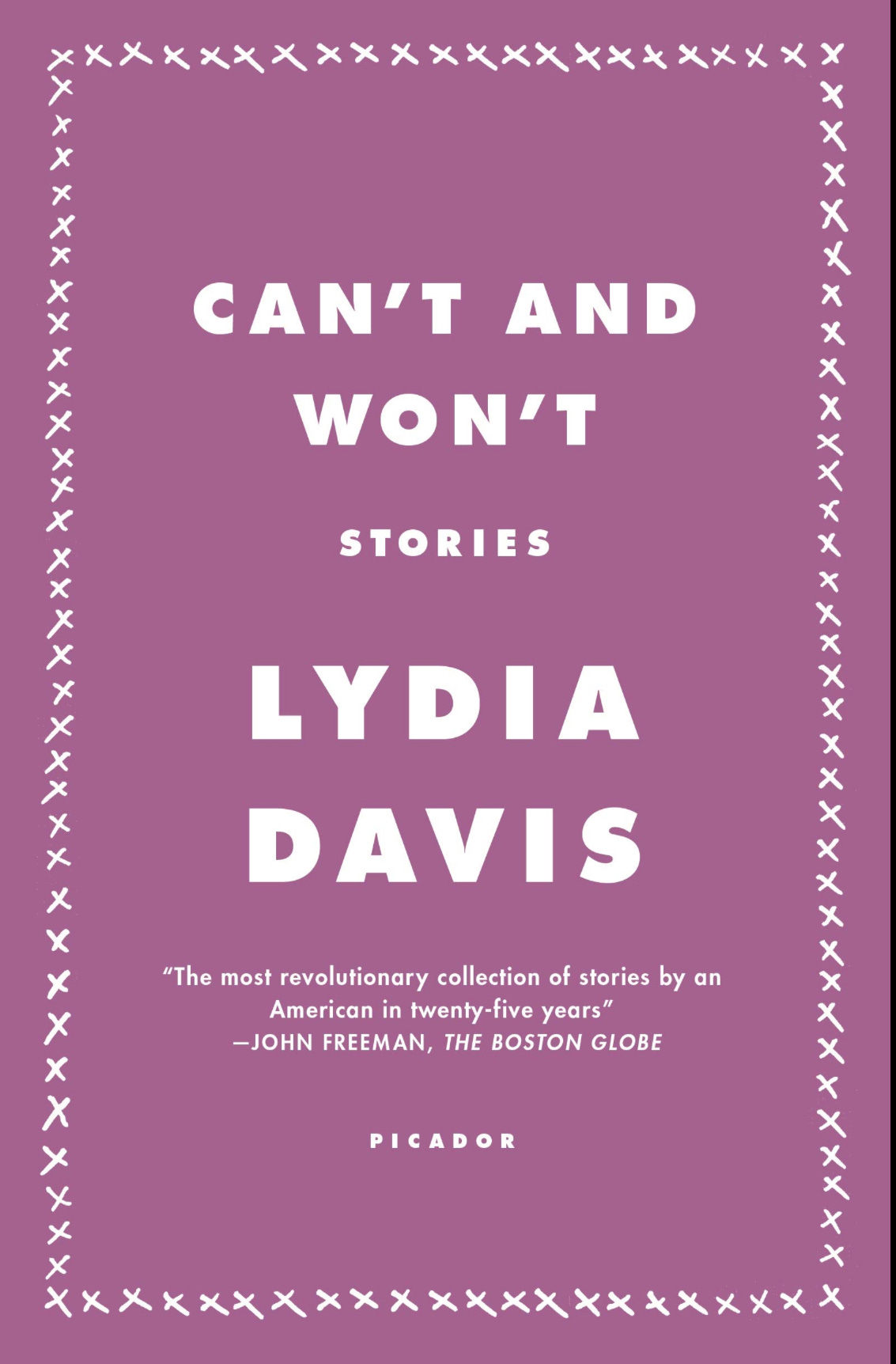

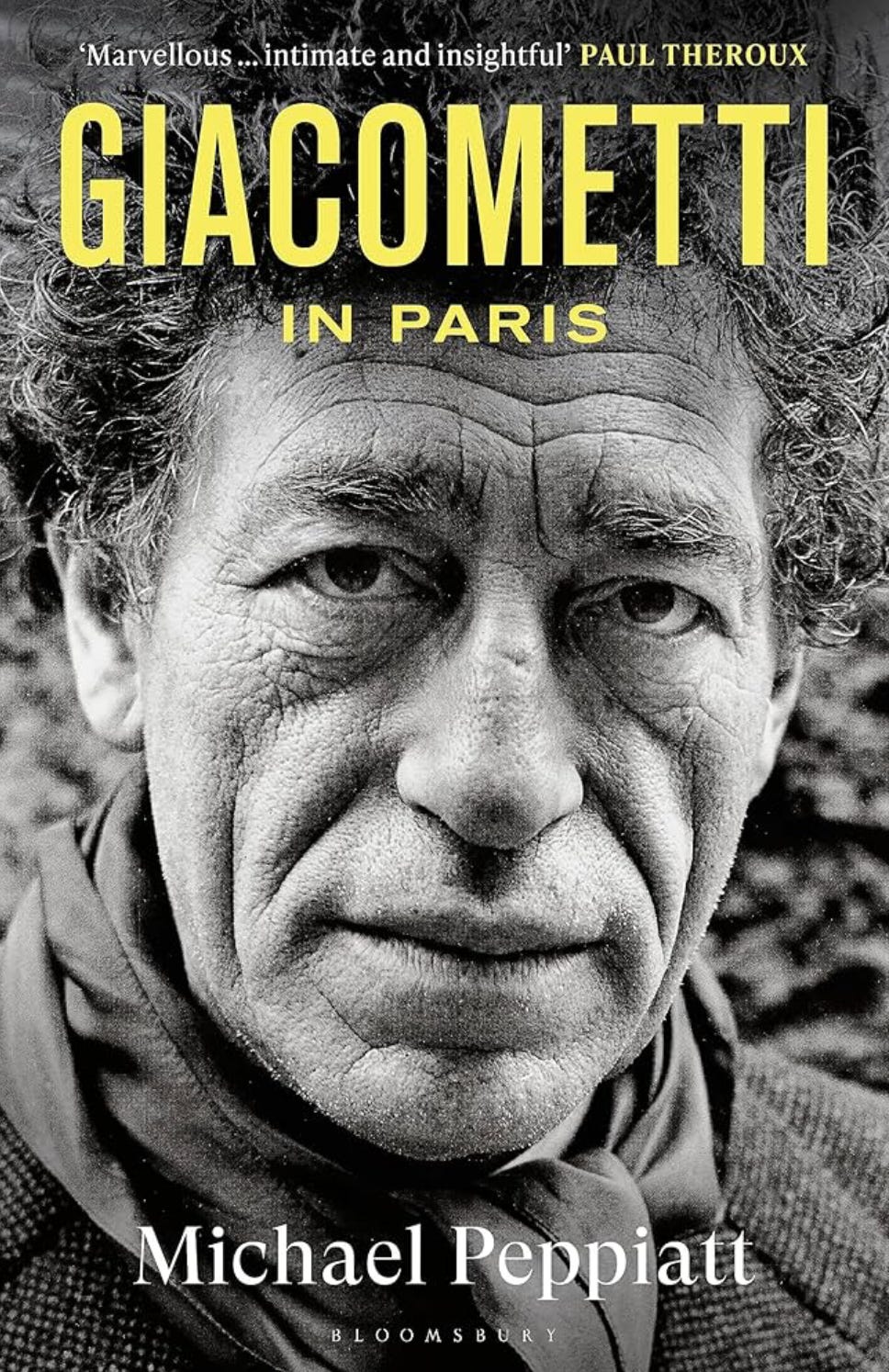
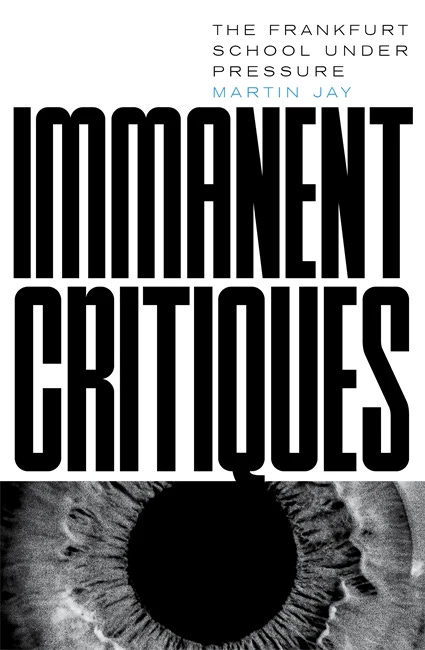

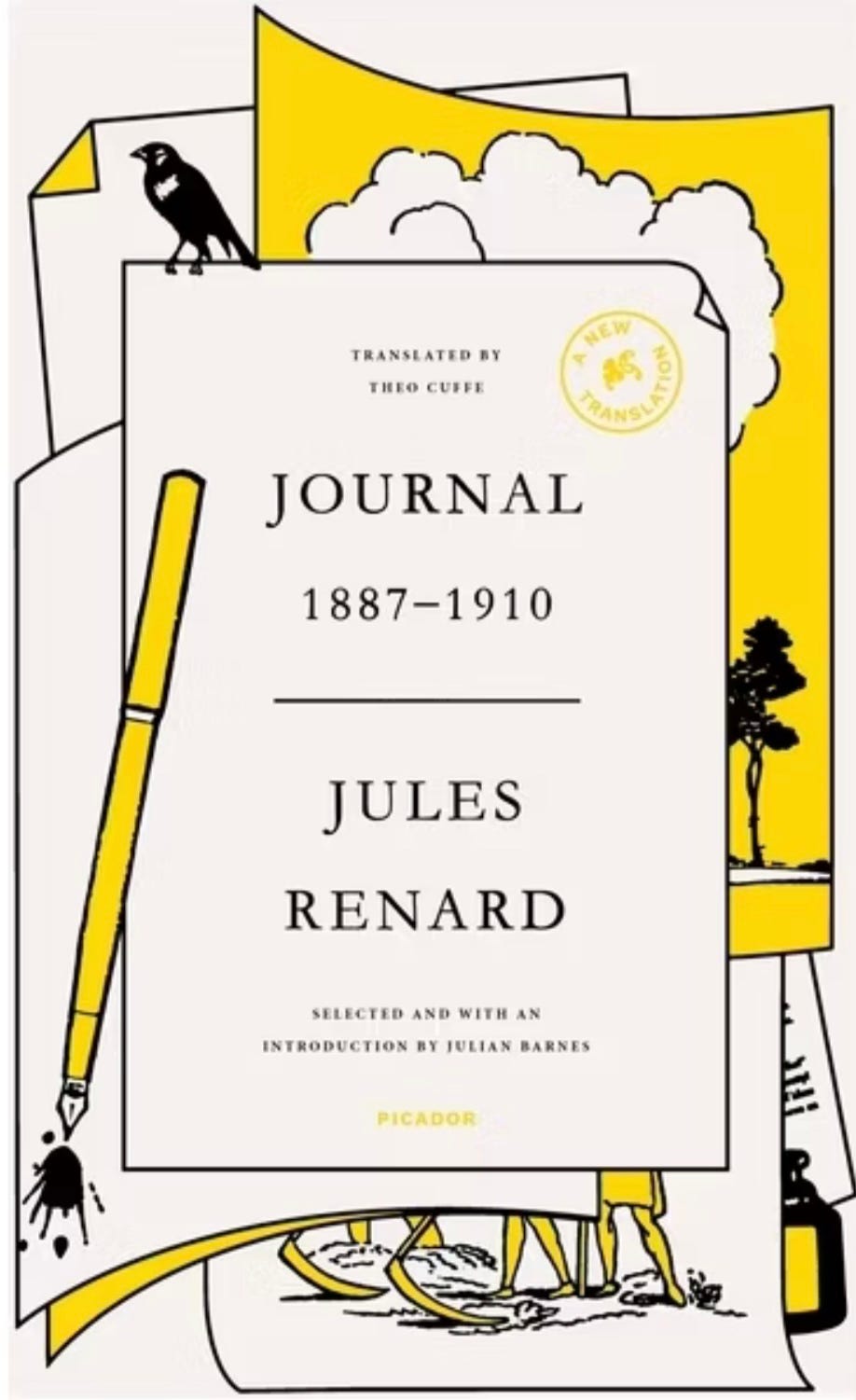

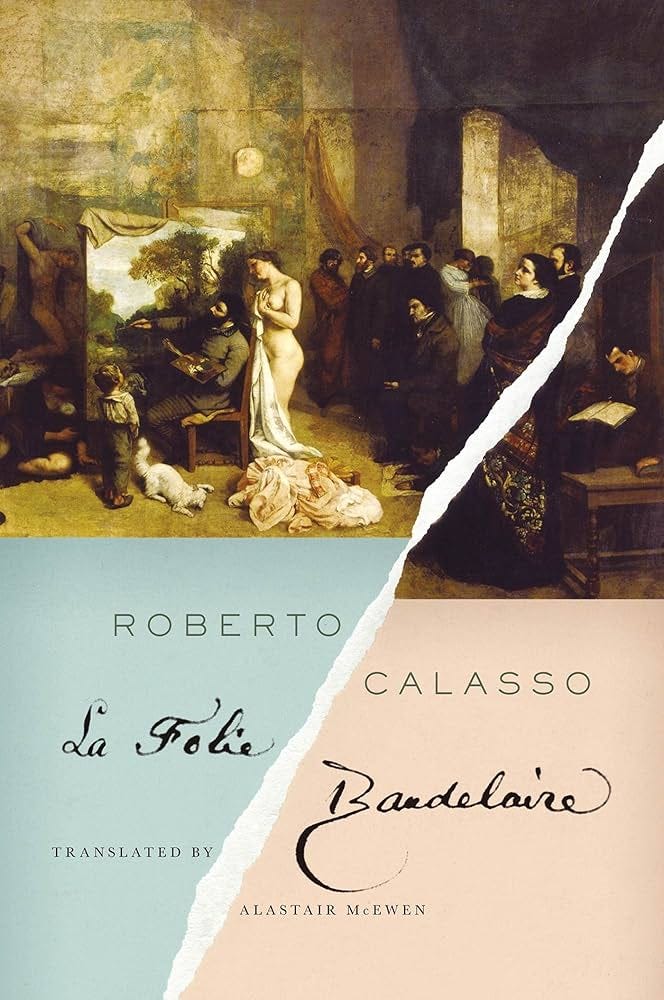
Correction: the opening paragraph should read “In Search of Lost Time”, not “In Search of Lost Times”.
Your continuous enthusiastic consumption of ideas and endless curiosity are amazing!
All the Best!